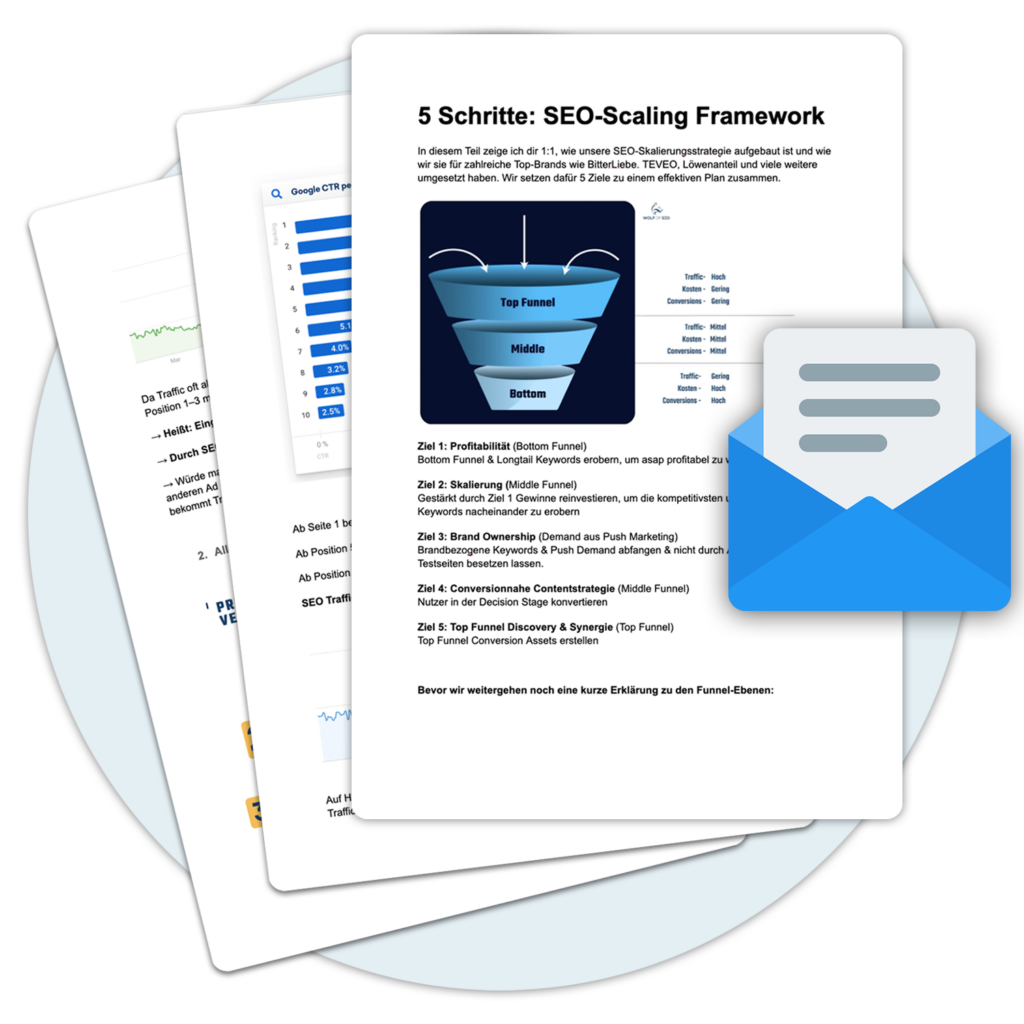Native apps are Software programs, which are designed for use on a specific Platform, or for a specific (mobile) device develops were.
Because they are developed for use on a specific device and its operating system, they have the ability to use device-specific hardware and software. The Advantage of these apps lies in the fact that, compared to web apps, or mobile Cloud-Apps performance optimized are. Therefore, you can take advantage of the latest technologies of each platform.
Native apps and their platforms
Typical platforms of Native Apps are for example Mac and PC. Thus, you can find pre-installed and configured apps like Photos, Mail or Contacts on every Mac. In the context of Mobile Web Apps however, the term Native Apps is used to refer to any application written to work on a specific device platform.
The two Main platforms for mobile operating systems are Apple's iOS and Google's Android. The Native Apps are already written in the code that is used for the device and its operating system in advance. The apps can work faster and more flexibly than others because they work with the device's operating system. When the app is marketed to users of different device types, developers create a separate app version for each.
For example, the Facebook app was once used in HTML5 to be able to use the same code for iOS, Android and Mobile Web. However, as this made the app slower for iOS users, a separate code was written for the iOS version.
Examples of Native Apps
By using certain resources, the apps can quickly access several services simultaneously on one device. This includes, for example, the microphone, the accelerometer or push notifications. Examples of native apps range from navigation programs such as Google Mapsto social apps such as Twitter and games.
A famous example of a native apps game is Pokémon Go. It efficiently accesses system functionalities - GPS for location, the camera for augmented reality, and the accelerometer to measure acceleration - for an optimal user experience. Pokémon Go can also take advantage of push notifications that aim to bring users back into the game over time.
« Back to Glossary Index





 By
By 